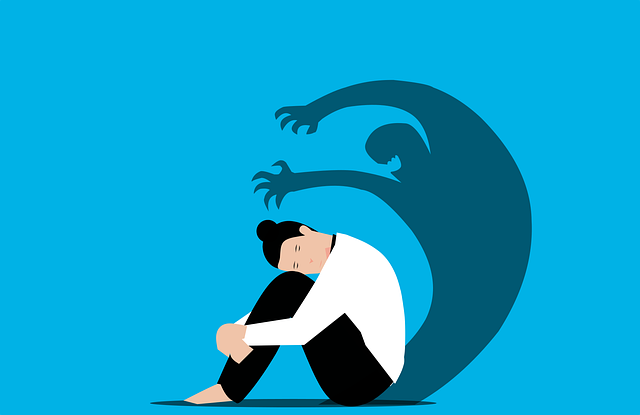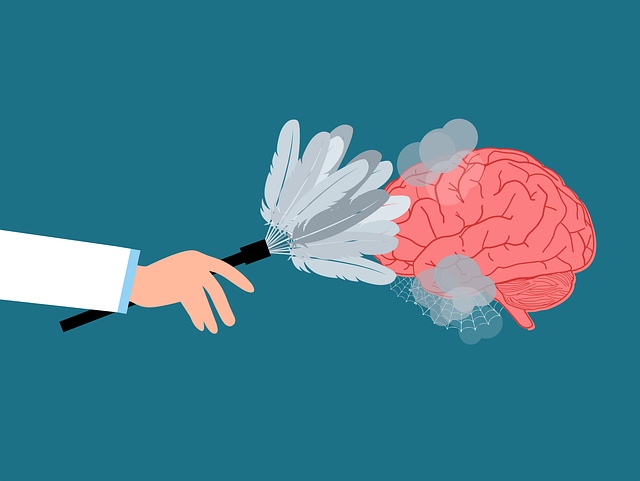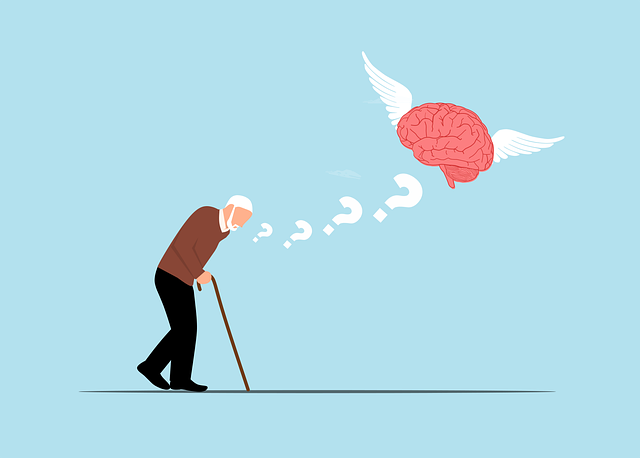Depression, characterized by persistent low mood and physical symptoms, has various forms triggered by life events, brain chemistry, genetics, and environment. Parker ADD-ADHD Therapy offers a holistic approach to depression prevention by addressing co-occurring ADHD symptoms through CBT adapted for ADHD, mindfulness, and structured organization. This innovative therapy promotes long-term emotional well-being with lifestyle adjustments like exercise, adequate sleep, balanced diets, social connections, and engaging in joyful activities, fostering resilience against depressive episodes.
Depression is a prevalent and complex mental health issue, affecting individuals across all demographics. This article explores practical strategies to prevent and manage depression, offering valuable insights into understanding its triggers and implementing effective countermeasures. We delve into innovative approaches like Parker ADD-ADHD Therapy, showcasing its unique benefits in fostering resilience. Additionally, we highlight lifestyle adjustments that promote long-term mental wellbeing, emphasizing the importance of proactive measures in maintaining a healthy mind.
- Understanding Depression and Its Triggers
- Parker ADD-ADHD Therapy: A Unique Approach to Prevention
- Lifestyle Adjustments for Long-Term Wellbeing
Understanding Depression and Its Triggers

Depression is a complex mental health disorder that significantly impacts an individual’s daily life and overall well-being. It’s more than just feeling sad or having a “bad day”; it’s a persistent state of low mood, loss of interest in activities once enjoyed, and a range of physical and cognitive symptoms. Understanding depression involves recognizing its various forms, such as major depressive disorder and persistent depressive disorder (dysthymia), each with distinct characteristics and triggers.
Many factors can contribute to the onset of depression, making it crucial for individuals and professionals alike to be aware of these triggers. Life events like trauma, loss of a loved one, or significant life changes can play a significant role. On a biological level, imbalances in brain chemicals called neurotransmitters, such as serotonin and norepinephrine, are often linked to depressive episodes. Additionally, genetic predisposition and environmental factors interact in complex ways, influencing an individual’s vulnerability to depression. For many, specific conditions like Attention Deficit Disorder (ADD) or ADHD, as recognized by Parker ADD-ADHD therapy, can contribute to or exacerbate symptoms of depression, highlighting the importance of tailored interventions and support for these co-occurring disorders.
Parker ADD-ADHD Therapy: A Unique Approach to Prevention

In the realm of depression prevention, Parker ADD-ADHD Therapy emerges as a unique and innovative approach, specifically tailored to address attention-deficit/hyperactivity disorder (ADHD) symptoms, which are often linked to depressive episodes. This therapy is revolutionizing mental health care by focusing on early intervention and personalized treatment plans. By delving into the intricate relationship between ADHD and depression, Parker Therapy offers a holistic strategy that goes beyond traditional methods.
The approach utilizes various techniques, including cognitive-behavioral therapy (CBT) adapted for ADHD, mindfulness practices, and structured organizational strategies, to empower individuals with effective coping mechanisms. Public Awareness Campaigns Development plays a crucial role in normalizing conversations around ADHD, fostering understanding, and reducing the stigma associated with seeking help. Additionally, Mental Wellness Podcast Series Production can provide accessible platforms to share stories of recovery, offering hope and inspiration for those struggling with similar challenges. Incorporating Burnout Prevention Strategies for Healthcare Providers is also essential to ensure the well-being of those dedicated to supporting others’ mental health journeys.
Lifestyle Adjustments for Long-Term Wellbeing

Maintaining long-term emotional well-being is a proactive approach to depression prevention. Simple yet powerful lifestyle adjustments can significantly impact one’s mental health. Regular exercise, for instance, boosts mood and reduces stress hormones, acting as an effective burnout prevention strategy. Adequate sleep, mindfulness practices like compassion cultivation, and a balanced diet are also cornerstones of emotional well-being promotion techniques. These holistic methods, often supported by Parker ADD-ADHD Therapy, foster resilience against depressive episodes.
Moreover, cultivating social connections and engaging in activities that bring joy contribute to overall mental fortitude. By integrating these lifestyle adjustments into daily routines, individuals can create a buffer against life’s challenges, fostering an environment conducive to sustained happiness and reducing the risk of depression.
In understanding depression’s complexities and various triggers, we’ve explored powerful tools for prevention. Beyond traditional methods, Parker ADD-ADHD Therapy offers a unique, innovative approach by addressing underlying conditions like ADHD, demonstrating its potential as a game-changer in mental health care. Meanwhile, lifestyle adjustments remain paramount for long-term wellbeing, emphasizing the importance of a holistic view to depression prevention. Integrating these strategies—from cognitive therapy to lifestyle changes and specialized treatments like Parker ADD-ADHD Therapy—can empower individuals to proactively safeguard their mental health.









